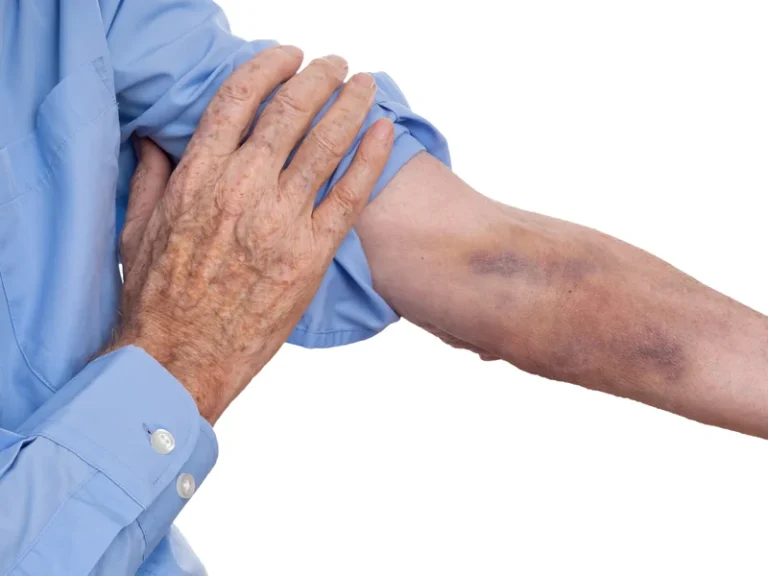However, for the reasons explained above, the same volume of water deficit can produce different biochemical and haemodynamic effects [26]. Therefore, although much of the physiology of dehydration can be well described, the clinical presentation may be indistinct and as such demands broad, comprehensive assessment. Different approaches to diagnosis, prevention and treatment are needed for the different types of dehydration.
What Is a Hangover?
Further research is required to improve assessment, diagnosis and management of dehydration and the authors have made recommendations to focus these academic endeavours. Interventional trials are required to assess the impact on clinical outcomes of regimens which aim to limit or treat dehydration. A lower-alcohol beer, if you don’t drink too many, will be less dehydrating than wine or hard liquor, since beer generally has a lower alcohol content. No matter what you choose to drink, drinking slowly and savoring your drink is a good way to moderate your total alcohol consumption and minimize alcohol’s dehydrating effects. Alcoholic beverages such as beer, wine, and liquor increase urine output and could cause dehydration if consumed in large amounts. Caffeinated energy drinks may also contain ingredients that increase urine production and contribute to dehydration.
What Is the Best Way to Rehydrate After Drinking?
In addition, certain types of energy drinks contain other ingredients that could contribute to dehydration. In another study, thirsty adults perceived a cold carbonated beverage to be more thirst-quenching than water. When does alcohol dehydrate you it comes to alcohol, the NHS advises men and women not to drink more than 14 units per week on a regular basis. 14 units is equivalent to 6 pints of average-strength beer or 10 small glasses of lower-strength wine.
Delirium Tremens: Risk Factors and Treatment for DTs
This can lead to a serious and potentially fatal condition called hyponatremia. If you start to feel discomfort and bloating from drinking, stop drinking and allow time to recover. You should drink plenty of fluids to avoid becoming dehydrated. Dehydration is caused by not drinking enough fluid or by losing more fluid than you take in.
- Alcohol in the form of ethanol, also called ethyl alcohol, is in alcoholic beverages.
- According to the CDC, heavy drinking equates to more than three drinks per day or eight drinks per week for females and more than four drinks per day or 15 drinks per week for males.
- Drinking a rehydration solution will enable you to re-establish the right balance of body fluids.
Why Is Alcohol a Diuretic?
- Without proper fluid intake, your losses can exceed your intake, which can increase the risk of dehydration.
- You could also try increasing your hydration with oral rehydration sachets — powders you mix in with your water.
“CYP1A2 is the main enzyme responsible for caffeine clearance that results in ‘fast’ and ‘slow’ metaboliser categories. [A mutation] could be why some people are able to have more than five cups without consequence whereas others can only manage one per day [without side effects]. Does drinking a few glasses of wine or cups of coffee now lead to acid reflux?
Get immediate medical help if you’re showing any of these signs and symptoms. As a drop of sweat evaporates from your skin, it takes a small amount of heat with it. The more sweat you produce, the more evaporation there is, and the more you’re cooled off.
If you have had bowel surgery, some rehydration solutions may not contain enough salt. Your GP or surgeon can recommend a suitable rehydration solution for you. There are several causes of dehydration, which are described below. The severity of dehydration can depend on a number of factors, such as climate, level of physical activity and diet. You should also contact your GP if your baby has had six or more episodes of diarrhoea in the past 24 hours, or if they have vomited three times or more in the past 24 hours.
Preventing dehydration
As different people sweat at different rates, it’s very difficult to provide specific recommendations about how much fluid you should drink. However, you should drink more than normal while exercising, and it’s particularly important to keep well hydrated if you’re exercising in warm conditions. This is because you will sweat more and fluid will be lost from your body more rapidly. If you’re active, or if the weather is particularly hot, there’s a greater risk that you will become dehydrated.
Taken together, these data suggest that a pOsm of ≤280 mOsm/kg represents an appropriate threshold for characterizing a hypoosmolar state. In addition to the confusion that may be created by these varying definitions and categorizations, there is also a lack of specific detail that affords everyday clinical utility. Multiple recent reviews conclude with similar concern that there is a lack of consistency and clarity in defining dehydration, and its subtypes [9,11,12,18]. Ultimately, the only surefire remedy for a hangover is to avoid getting one by drinking in moderation or choosing not to drink. During a hangover, a person’s attention, decision-making, and muscle coordination can all be impaired. Also, the ability to perform important tasks, such as driving, operating machinery, or caring for others can be negatively affected.
Beer and cider
- It might not be your age that’s affecting your ability to enjoy coffee but other factors, some which are set in stone and others which change over time.
- If you don’t replace the fluid lost through excessive urination, you risk developing dehydration.
- In fact, there’s a recognised ‘caffeine induced anxiety’ disorder,” says Thornton-Wood.
- Other lifestyle factors, such as exercise, climate, and medication use, can also impact alcohol’s dehydrating effects.
If you’ve been drinking and are experiencing alcohol dehydration symptoms, you need to restore your body’s fluid balance. Here’s how to rehydrate properly and recover from alcohol dehydration. Is there anything you can do to offset or prevent problems caused by dehydration from drinking alcohol? The amount of time it takes to recover from dehydration depends on how much fluid you lost.






Leave A Comment